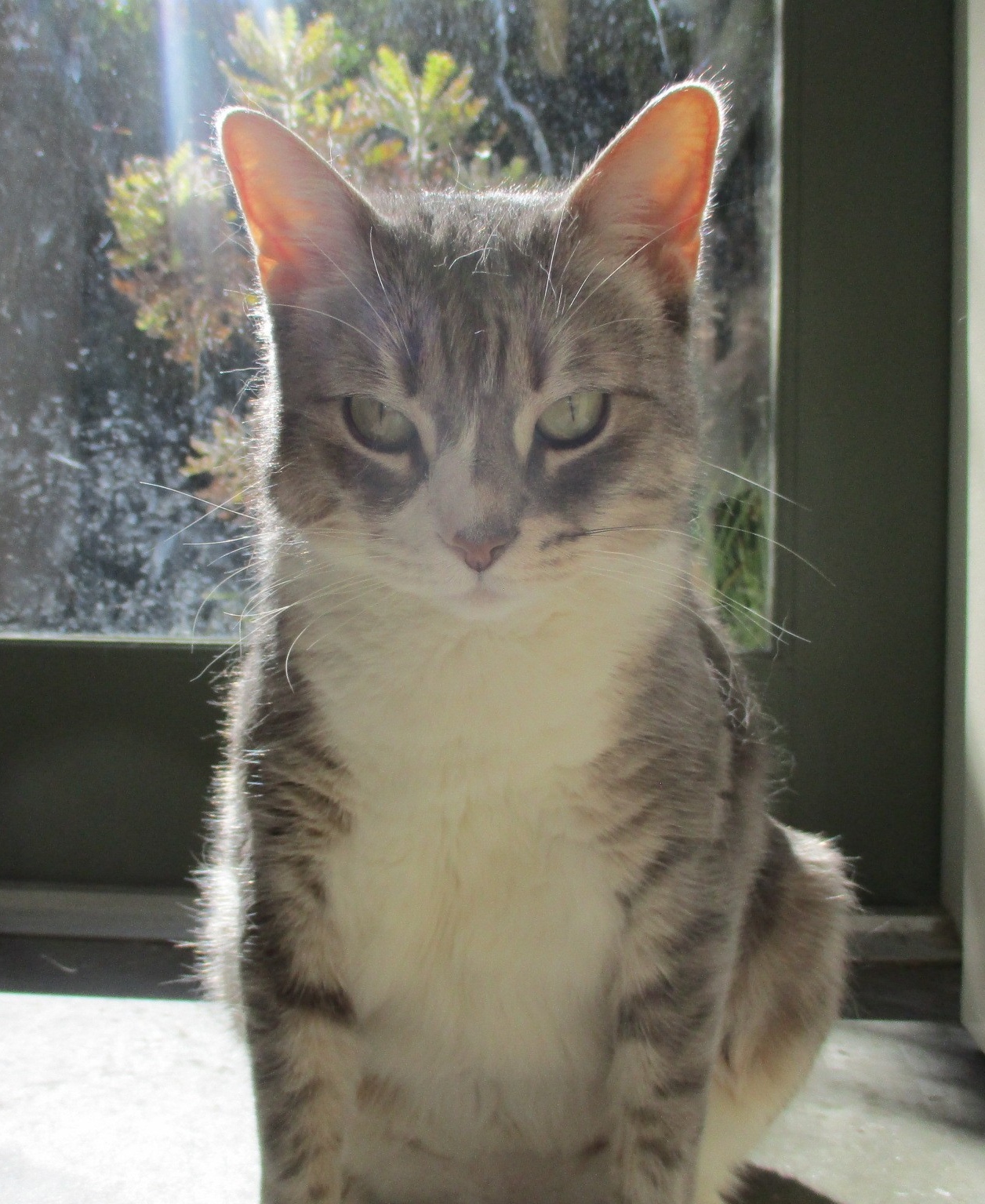
This is a guest blog by Brittany Carey, Pet Camp Safari’s new Top Cat.
While they often seem easier in the maintenance department than dogs, cats can be frustratingly tricky when it comes to knowing when you should seek immediate veterinary attention. Often, many health issues in cats have subtle or seemingly undetectable symptoms. Here are some telltale signs that your feline companion needs a vet visit ASAP:
They have stopped eating and/or drinking. This is fairly easy for pet-parents to notice in cats with normally voracious appetites. There are a myriad of reasons a cat may abruptly become in appetent: internal obstruction, dental pain and even depression. If you have a cat that free-feeds or grazes, it’s still a good idea to leave out measured amounts of food and water so that you can easily monitor their intake.
They have a sudden seizure. While the most common cause of seizures in cats is toxin exposure, they are many other reasons for the onset of this scary episode including but not limited to parasites, brain tumors and low blood sugar. Signs of a seizure could be drooling, uncontrolled muscle activity, facial twitching and loss of consciousness. A seizure should never go ignored.
They are showing signs of severe pain or trauma. Your cat may be in extreme discomfort if they are sitting tensely hunched up, have a sudden loss of interest in people, other pets or activities, or they suddenly display excessive meowing or strange vocalizations. More obvious signs could be trouble walking, unresponsiveness, or swelling in the face or other affected areas on the body.
They are having difficulty breathing. Take your cat to the vet immediately if they are breathing with an open mouth or panting like a dog, taking rapid or shallow breaths, or are breathing with their head and neck held out low in front of the body. Death can occur in cats after only 3 minutes of extreme struggle breathing or inability to breathe, so acting fast is key in these situations.
They are having abnormal urination. This should be a red flag, especially in male cats. Straining in the litter box, producing only small drops of urine or none at all, crying, restlessness, eliminating outside of the litter box are all signs of possible urinary obstruction. Left untreated, this could lead to kidney failure or even death. It’s a good idea to become familiar with your cat’s bathroom habits so that you know immediately when something doesn’t seem right.
Your cat has gotten into a fight with another cat. Wounds from other cats should be treated as soon as possible. Never just wave it off as nature being nature. While wounds from a fight are often easily treated, if left alone they can become infected or lead to abscesses.
The bottom line is you know your cat better than anyone. If your cat is acting out of the ordinary, it’s best to seek advice from a veterinary professional. Keep your feline instincts fine-tuned and you’ll have a much better chance of catching serious issues early. Mittens will be forever grateful!
Pet Camp’s Cat Safari has been providing cat only care since 2007. Located in Presidio Heights, Cat Safari is easily accessible from Nob Hill, the Marina, Pacific Heights and every other San Francisco neighborhood north of Market Street. A free shuttle from the Main Campground allows campers in Noe Valley, the Mission, Bernal and all the southern neighborhoods can get to Cat Safari as easily as getting to our Main Campground.
